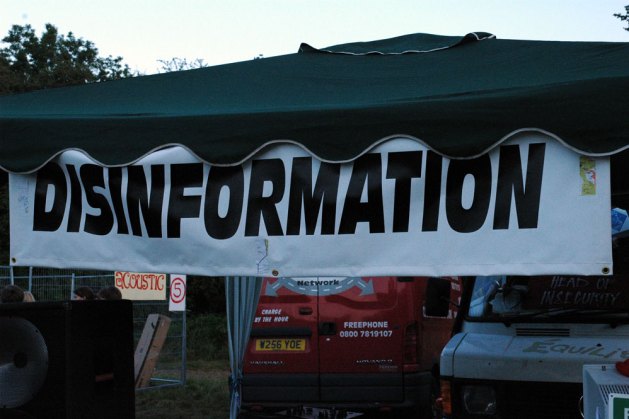I want to question the prevailing wisdom about the so-called Florida blogger bill, which would require independent paid bloggers to register with the state if they write about top elected officials, including Gov. Ron DeSantis. The proposal has been described as an outrage against the First Amendment, with Noah Lanard of Mother Jones going so far as to say that the bill was inspired by Hungary’s right-wing authoritarian prime minister, Viktor Orbán.
But what if there’s something else going on here? I was struck by this article in the Tampa Bay Times in which the sponsor of the measure, Republican state Sen. Jason Brodeur, compared bloggers to “lobbyists.” The bill would require bloggers to disclose who paid them for posts about elected officials and how much they received. Failure to comply could result in fines of $25 for every day they’re late, up to $2,500.
Brodeur would exempt bloggers for news organizations, and that may help explain his intent. Kirby Wilson, who interviewed Brodeur for the Times via text message, wrote that when he asked if the bill could cover journalists who write for digital-only outlets, Brodeur replied: “If they’re paid to advocate a position on behalf of a special interest, yes.”
It seems to me that what’s going on here is that Brodeur wants to require bloggers to disclose where they’re getting their money from if they’re being paid by political campaigns and other politically oriented organizations. This is not remarkable. By law, political campaigns and lobbyists must disclose their spending. A few years ago the Federal Trade Commission was threatening to go after food bloggers who were accepting freebies to write nice things without any disclosure.
Of note is that Jacob Ogles of the website Florida Politics forthrightly portrays Brodeur as targeting “pay-to-play blog posts” and quotes Brodeur as saying: “Paid bloggers are lobbyists who write instead of talk. They both are professional electioneers. If lobbyists have to register and report, why shouldn’t paid bloggers?”
Now, let’s be clear: Brodeur is no friend of the press. He recently filed a bill that would weaken libel protections for news organizations. And the blogger bill is apparently something of a mess, with Wilson observing that the actual language contains nothing that would protect independent bloggers who aren’t lobbying on behalf of a special interest. Brodeur hasn’t even been able to find a sponsor in the Florida House.
But there may be less here than meets the eye. After all, there’s a considerable distance between requiring lobbyists who blog to disclose their political activities and the repressive tactics of Viktor Orbán’s Hungary.









